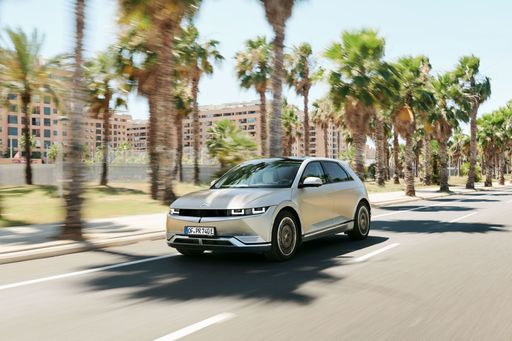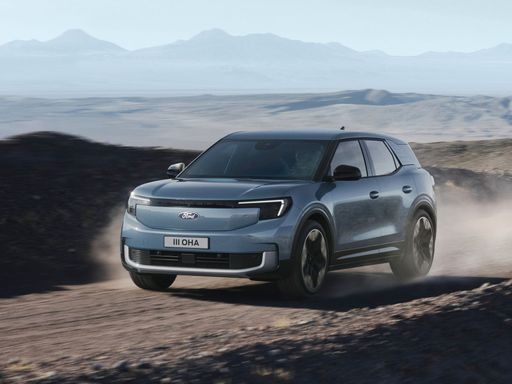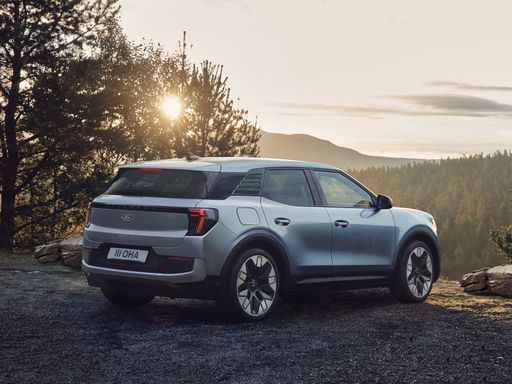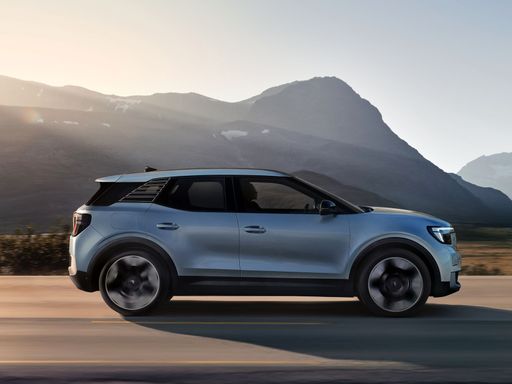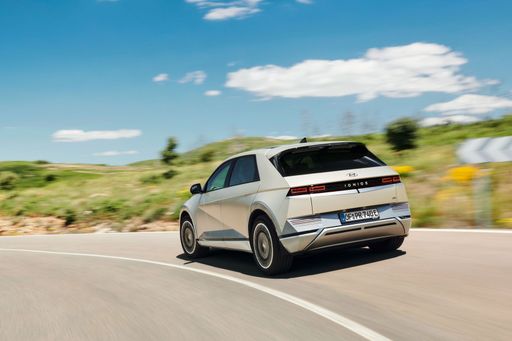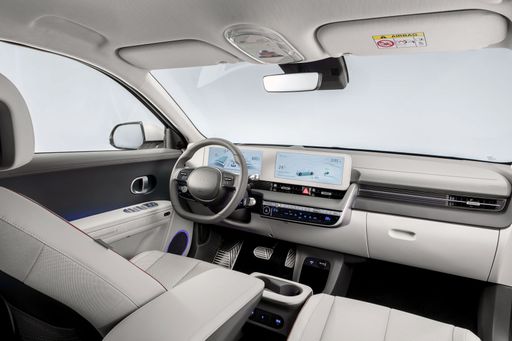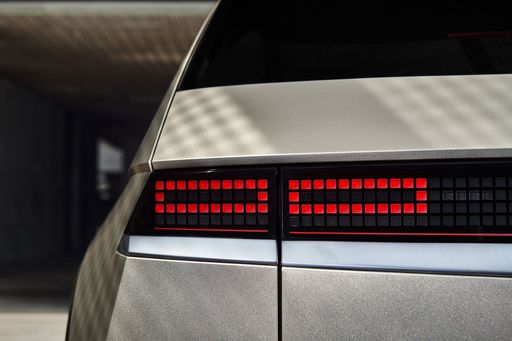Street Stance and First Impressions
The Ford Explorer EV arrives with an unmistakable road presence, a confidence that reads as practicality turned into posture, while the Hyundai IONIQ 5 leans on a more progressive, minimalist look that catches the eye without shouting. Up close, materials and trim choices tell a story about intent: Explorer EV feels like it wants to be useful and robust, the IONIQ 5 aims to be modern and considered. Both cars make an argument for themselves before you even sit down, so your taste in aesthetics will do a lot of the initial heavy lifting.

